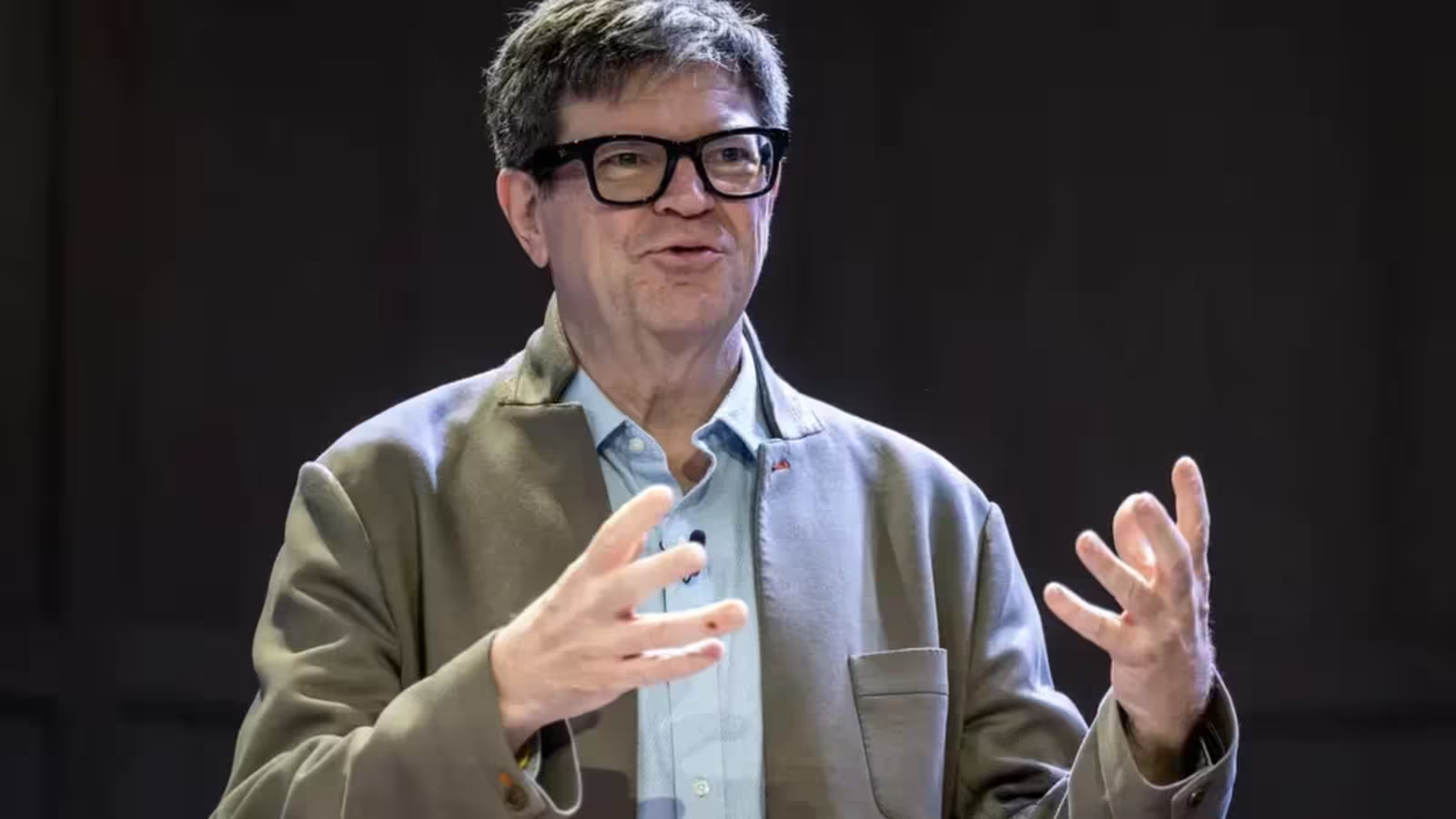3 Minutes
Meta’s Vision for a Collaborative Open-Source AI Model
Meta’s Chief AI Scientist, Yann LeCun, has put forward an ambitious idea: the development of a collective open-source artificial intelligence model that receives contributions from every nation. Speaking at the recent AI Action Summit, LeCun argued that the future of AI should be shaped as a distributed, decentralized initiative, where countries share unique datasets to build a truly global and inclusive AI system.
How Would a Global Open-Source AI Work?
According to LeCun, this worldwide AI ecosystem would leverage decentralized data centers, each tapping into proprietary data relevant to their region. While much of this data may remain confidential or locally governed, the collective aim is to enrich and broaden the AI’s knowledge base. The end result: a massive reservoir of human knowledge, far exceeding the scope of what any single nation or tech company could achieve independently.
This model would allow for enhanced linguistic diversity, unique cultural data, and specialized local knowledge to inform AI development. For example, a country like India—with its array of languages and dialects—could contribute nuanced linguistic insights, helping ensure the AI model’s outputs are more accurate and globally representative.
Advantages of a Shared Open-Source AI Model
The idea of open-source AI isn’t new, but scaling it to a global platform introduces several key benefits:
- Transparency and Trust: Open-source frameworks allow all stakeholders to review, audit, and refine models, fostering trust worldwide.
- Diversity of Data: Pooling global datasets leads to models with fewer biases and broader applicability, enhancing AI performance for more communities.
- Innovation Acceleration: Shared resources and collaborative development can speed up research, spark breakthroughs, and democratize access.
Challenges, Regulations, and Global Perspectives
However, LeCun cautioned that achieving this vision requires careful, forward-thinking regulation. Governments must balance privacy and security concerns without hindering the growth of open-source AI projects. Excessively strict regulations could stifle innovation, while supportive policies might unlock unprecedented technological progress.
Industry leaders beyond Meta are also weighing in. Sam Altman, CEO of OpenAI, recently voiced similar concerns during the All-In podcast, emphasizing the critical need for international oversight as increasingly powerful AI models become a reality. Altman warned that advanced AI systems could pose global risks if not carefully managed, underscoring the urgency for collaborative frameworks.
Market Relevance & Use Cases
A global, open-source AI model could transform key sectors: from healthcare and education to language services and financial technology. Tech companies, governments, and NGOs alike could harness its capabilities—fueling innovation, improving policy decisions, and driving socioeconomic progress worldwide.
As the open-source AI movement gains momentum, Meta’s call for coordinated worldwide participation could become a turning point—defining not only the future of artificial intelligence, but also the shared digital landscape for generations to come.



Comments